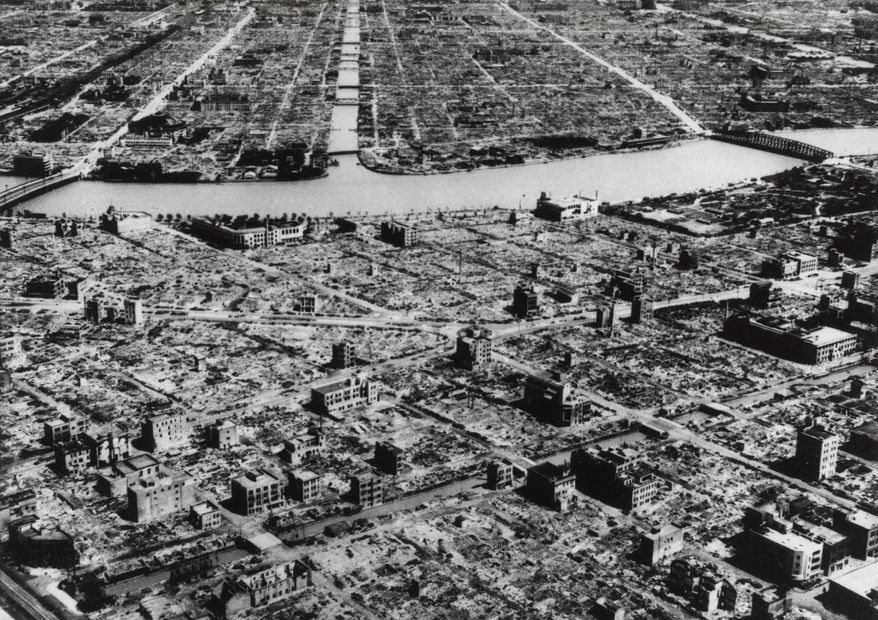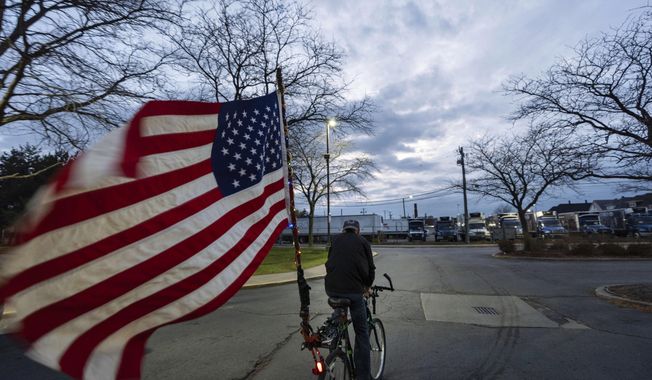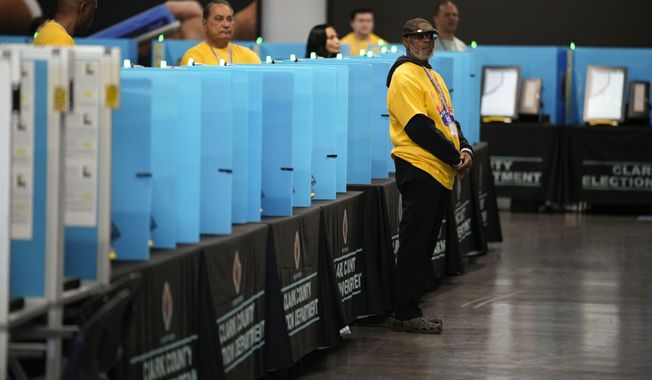
This aerial photo taken on March 9, 1945, shows the industrial section of Tokyo along the Sumida River. The nuclear bombs dropped by the United States on Hiroshima and Nagasaki in August 1945 secured Japan's surrender and ended World War II. In Japan, war orphans were punished for surviving. They were bullied. They were called trash, sometimes rounded up by police and put in cages. Some were sent to institutions or sold for labor. They were targets of abuse and discrimination. Now, 75 years after the war's end, some are revealing their untold stories of recovery and pain, underscoring Japan’s failure to help its own people. (AP Photo, File)
Featured Photo Galleries




Trump Transition: Here are the people Trump has picked for key positions so far
President-elect Donald Trump has announced a flurry of picks for his incoming administration. Get full coverage of the Trump transition from The Washingon Times.

Trump dances onstage, takes post-election nation by storm
President-elect Trump dances onstage









